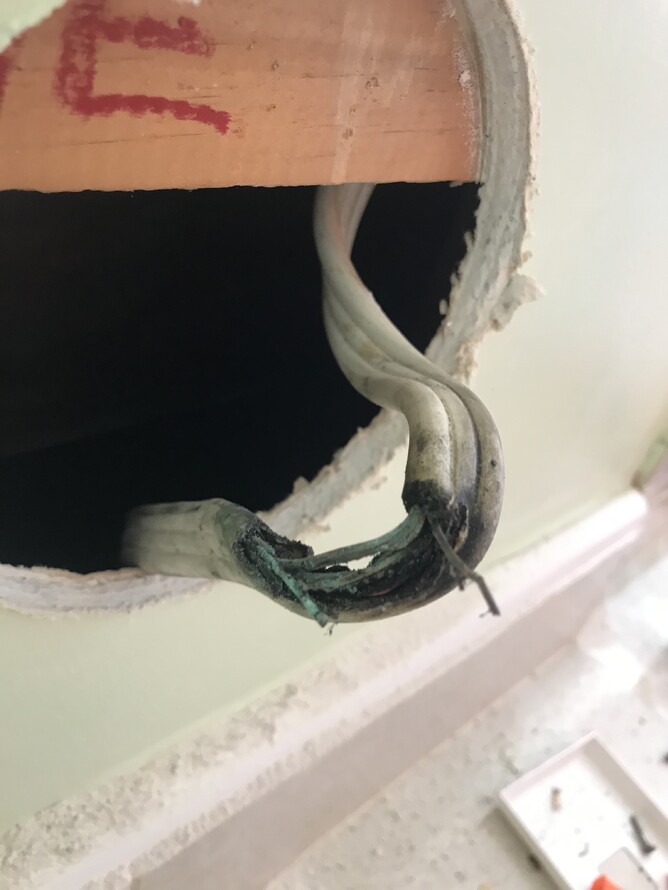We Kiwis are a nation of DIYers. We love to spend our weekends renovating, painting, planting, and creating.
While the DIY spirit is great to have, it can also spell trouble.
There are some jobs that we really shouldn’t take on as DIY projects. One area that should be left to the professionals is our electrics.
When it comes to electricity, you want to get it right. Otherwise, there is a great danger to your household and your family.
Simple mistakes like replacing fuse wire with standard copper wire can cause a catastrophe.
Recently, CDI Electrical visited a client’s home and discovered they were on the verge of a large electrical fire all because of a bit of copper wire.
Here’s what happened...
A Cautionary Tale
I was called out to a job where the owner of the home was complaining about a "popping" sound coming from the kitchen wall. This noise was regularly heard around 10-15 minutes after they turned on the stove.
Upon hearing the sound, I isolated and tested the cable for the stove and discovered a short circuit on the cable. I found a couple of problems. One being that rodents had been chewing on it. But the more concerning issue was with the fuse for the stove.
At some point, someone had removed the fuse wire and replaced it with standard copper wire. This could possibly have been because it blew a couple of times due to the rodents munching on it. But, this simple DIY job could have cost the family their entire home. Here is what I found…
As you can see, this cable effectively caught fire at some point and the owner was lucky that the fire extinguished itself and didn't continue to burn within the wall cavity!
What caused the issue?
So, how did this fire occur and what can you do to prevent it from happening at your place? The simple act of replacing fuse wire with copper wire is what caused the issue. To understand the dangers, we need to take a step back and look at what a fuse does. Effectively a fuse is a safety device that protects your wiring and appliances, and also prevents electrical fires from occurring. A fuse contains a thin piece of wire that is designed to carry a limited electrical current. If there is a fault and too much current tries to flow through it, then the wire will heat up so much that it melts. When this happens, it breaks the circuit and stops the current flowing. This protects your appliances and stops a fire from starting. However, if you use copper wiring instead of fuse wiring, this melting process does not happen. Copper has a higher melting point than the tin used in fuse wire. So, when a high level of current runs through copper wire, it continues to heat but will not melt. Instead, it causes a short circuit - potentially ruining your appliance and sparking a fire.
What Should You Do
While it can be a pain when a fuse blows, remember that it is happening for your safety. It is advised that you have an electrician complete any electrical work in your home. But if you are choosing to replace the fuse yourself, ensure that you use the correct rated fuse wire and not copper wire. It is quite rare that we find the fuse wire in stoves replaced with copper wire, but we regularly find copper wire in power circuits that continue to blow. There is any number of reasons why you might find an increased flow of electrical current in your home, so the fuses do their job of protecting you from potential danger. Do not be tempted to use copper wire on a fuse that has blown a number of times. Instead, give us a call here at CDI and get us the investigate the real cause of your electrical issues. The fuse wire is there for a reason - your safety. If that fuse wire is replaced with copper wire, the circuit cannot stop if something does go wrong and the potential for a fire is huge. So, if you have any electrical concerns at your place, please feel free to get in touch with us here at CDI Electrical.

